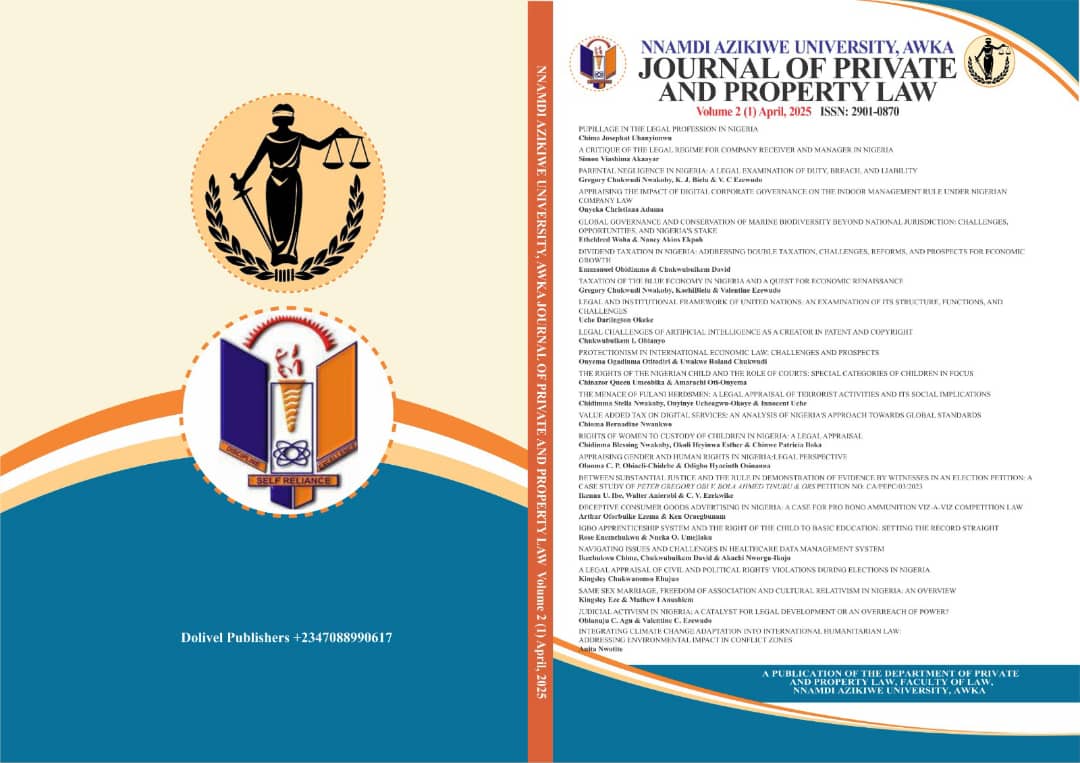INTEGRATING CLIMATE CHANGE ADAPTATION INTO INTERNATIONAL HUMANITARIAN LAW: ADDRESSING ENVIRONMENTAL IMPACT IN CONFLICT ZONES
Keywords:
IHL, Climate change, Environmental protection, Armed Conflict, Legal ReformAbstract
The intersection of International Humanitarian Law (IHL) and climate change is an emerging area of
legal concern. As climate change exacerbates environmental degradation and resource scarcity, its
impact on conflict zones becomes increasingly apparent. IHL, traditionally focused on protecting human
life, dignity, and the environment during armed conflict, must evolve to address the complex
environmental challenges posed by climate change. This paper explores the existing IHL framework for
environmental protection, primarily through the lens of Additional Protocol I to the Geneva Conventions,
which includes provisions such as Article 35(3) and Article 55, prohibiting the use of warfare methods
that cause long-term, severe damage to the environment. While these provisions provide some protection,
they are limited in addressing the indirect and cumulative effects of climate change. The paper highlights
the challenges of applying IHL to the environmental impacts of modern warfare, such as resource-driven
conflicts, migration, and climate-induced displacement. It also proposes legal reforms to strengthen
IHL’s responsiveness to climate change, including incorporating explicit references to climate-related
environmental harm, enhancing enforcement mechanisms, and establishing new legal instruments to
address environmental damage exacerbated by warfare. Ultimately, the paper argues for a more
integrated approach to climate change and IHL, ensuring better protection for vulnerable populations
and ecosystems in conflict zones. The paper concludes by emphasizing the need for international
cooperation to build resilience and reduce environmental damage during and after conflict.

